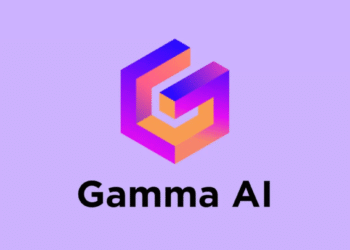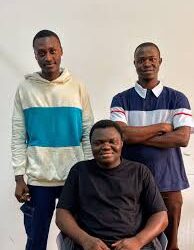The Nigeria Deposit Insurance Corporation (NDIC) has announced plans to investigate directors of 183 banks, including the digital microfinance bank Eyowo, whose licenses were recently revoked by the Central Bank of Nigeria.
The investigation, set to be conducted by the Inter-Agency Task Force, aims to hold accountable those responsible for misconduct and irregularities that may have contributed to the license revocations. This initiative is a proactive step toward ensuring the integrity and stability of the banking sector. The NDIC will collaborate with law enforcement agencies such as the Economic and Financial Crimes Commission (EFCC) and the Nigerian police to conduct thorough investigations.
During a workshop organized by the NDIC in Lagos, Bello Hassan, who serves as both the Managing Director and Chief Executive of the organization, indirectly alluded to this forthcoming investigation.
Hassan highlighted the agency’s active engagement in legal proceedings against suspected wrongdoers. He stated that that there are currently 12 cases undergoing prosecution in various courts, as well as 25 ongoing investigations in collaboration with the Financial Management Information Unit (FMIU), 11 investigations in partnership with the Economic and Financial Crimes Commission (EFCC), and the successful conclusion of five investigations that have been handed over to the FMIU for advice and prosecution.
Eyowo, initially operating as a digital microfinance bank, is one of the financial institutions that had their license revoked by the Central Bank of Nigeria in May. This led to concerns among customers about transaction capabilities and fund withdrawal. The company later assured customers that it was working to restore its services and offered its commitment to securing customers’ money during the transition.
Despite these assurances, Eyowo’s performance in Q1 2023 was relatively disappointing, leading to internal changes and uncertainties about the company’s future. The NDIC’s investigation further revealed that the company’s status was marked as “CLOSED,” indicating that Eyowo had ceased operations.
The NDIC’s focus on investigating directors and officers of the revoked banks is part of its mission to ensure accountability for the downfall of these institutions. Currently, there are ongoing investigations with the Nigeria Financial Intelligence Unit (NFIU), EFCC, and the Federal Ministry of Justice, aiming to bring responsible individuals to justice.
Furthermore, the NDIC has begun the process of reimbursing depositors affected by the license revocations of microfinance banks and mortgage banks. Depositors are required to provide alternate bank account details for payments, and those without alternate accounts must verify their identities and account ownership at the nearest NDIC office. The commission is also selling the assets of the closed banks to compensate depositors who held amounts exceeding the insured limits of Two Hundred Thousand Naira for microfinance banks and Five Hundred Thousand Naira for Primary Mortgage Banks.
The collaboration between NDIC, law enforcement agencies, and regulatory bodies highlights the commitment to upholding financial integrity and protecting depositors’ interests in Nigeria’s banking industry. As investigations unfold and actions are taken against wrongdoings, the Nigerian banking sector aims to reinforce its stability and trustworthiness.




